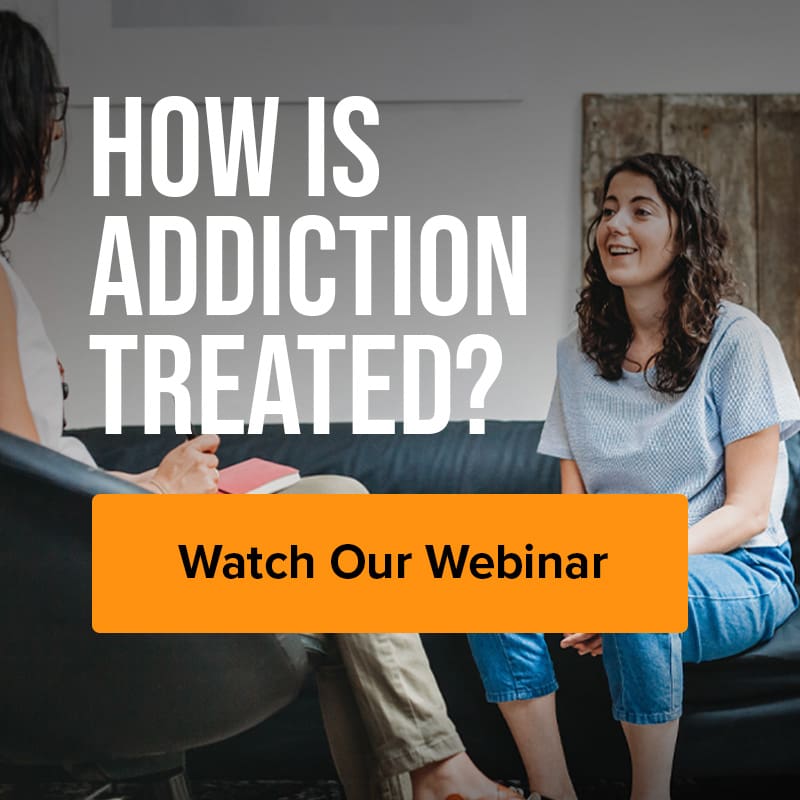 How do you balance your job and new responsibilities towards recovery? For people who have just completed an inpatient substance abuse treatment program and plan on returning to work, you may have several questions.
How do you balance your job and new responsibilities towards recovery? For people who have just completed an inpatient substance abuse treatment program and plan on returning to work, you may have several questions.
- Do I tell my boss that I was in rehab?
- What do I tell coworkers who want to know where I’ve been these last couple of months?
- How will I handle work responsibilities and my recovery?
All very valid questions and with time you will become more experienced and better able to handle.
When it comes to early recovery, we know it’s crucial that you plan ahead your daily itinerary because having extra time can lead to boredom and boredom is a slippery slope for relapse. Planning ahead will allow you to handle unexpected questions and avoid certain situations that are risky for your recovery.
We spoke to David Paul, Addiction Counsellor at EHN Bellwood Toronto, whom works closely with many individuals and employers who have sent their employees to Bellwood for addiction treatment. David Paul has many years of experience working with individuals to help them plan and transition back to their communities and into their jobs post- treatment.
To Disclose or Not To Disclose
If your employer hasn’t been a part of your recovery from the beginning and you’re returning to work, you may be wondering whether or not to tell them. David Paul states, “You are not obligated to tell them. By law, a person is entitled to take medical leave without disclosure of the issues or problems. But, you may want to inform your HR Manager, in case you need some more help with your recovery, for example appointments, 12-Step meetings, or therapist meetings. This disclosure to your HR Manager should all be confidential! Honesty is really the best policy.”
Relationships with Co-workers
So far, you’ve had experience ending relationships with people in your personal life that were helping fuel your addiction. It was tough but very much needed. You will need to make choices regarding who to hang out with at work and how to maintain professionalism in your workplace too.
David Paul explains, “Everyone needs balance in his or her life. One should focus on their job duties and make wise choices with the people they hang out with at work. If there are others that have addiction issues at the workplace one should steer clear of these people and really only communicate for work related issues, duties, supervision etc.”
This doesn’t mean that you can’t build healthy relationships with others at work. You may find other employees in your workplace that are in recovery too. David Paul shares, “If there is someone else in the workplace that is in recovery you may want to touch base with them, as they would understand what you are going through and trying to accomplish.”
Preparing Your Return-to-Work
One of the very first things you should do is arrange to speak to the company’s employee assistance professional (EAP) if available, counsellor or therapist and the addiction rehab centre where you went for treatment to help you prepare your return to the workplace. In An Employer’s Guide to Workplace Substance Abuse published by the National Business Group on Health, it states that employers have an important role in combating stigma in the workplace and helping employees understand that they can seek treatment without jeopardizing their careers. It also reminds employers that although they may not know which members on their team is in recovery, they must understand that there’s a balance between wanting to help and respecting an employee’s request for privacy.
David Paul says, “You should work on a return-to-work plan which may include graduated return-to-work. Meaning 3 days a week to 4 days to eventually full hours. You may have to switch your shifts. For example, perhaps not do night shifts, maybe not evening shifts and the company may have their own ideas of your return to work. Usually they are accommodating as they want to get you back to work in a safe way and conducive to your recovery.”
Communication with your human resources or occupational health and safety department will help you stay safe while transitioning back to the workplace. David Paul suggests, “You could have a conference call or face to face meeting with your HR or company nurse to discuss your return to work and any issues or requirements you need in order for you to return safely. Easy does it.”
Explaining Your Absence
Your co-workers might be surprised to see you back at the office because they aren’t sure where you’ve been. They might point blank ask you why you were away. There are smart ways on how to handle these situations. David Paul provides some advice and tips on how to manage. “Hold your head up high, try to go back with confidence, and tell only one story if people ask where have you been. Keep it consistent. I was off for health reasons and I am better now. End of story.”
David Paul continues, “There will probably be rumours. Remember, they are only rumours and let them go- just ignore them. You are probably not the only person in the company that has had or has an addiction problem. Don’t buy into it or encourage further talks around your absenteeism.”
5 Tips on How to Handle Workplace Functions
According to David Paul, in early recovery it’s wise not to attend any functions where alcohol will be served. As your recovery gets stronger, you may be able to attend some functions. You are the best judge of your health. You must do what feels right in order to stay sober.
- If your employer or company nurse knows where you’ve been, go and talk to them and explain how it can trigger you to go to events where alcohol is served. Politely request to be excused from this event.
- You may be able to take a “buddy” with you to the event. Go for the dinner and leave before the dance partying begins.
- You may want to be in touch with your sponsor or counselor a few times throughout the event.
- Leave early, take breaks, go outside and stay grounded.
- If you have to stay in a hotel for work purposes, ask that the Mini Bar be locked or emptied before you get there.
It Gets Easier
It may seem difficult at the beginning with all the adjustments you’re making in order to work through your recovery. Still, these are the types of decisions that must be made to keep you safe and on the right path. Some reminders that David Paul shares with us:
- Do not make any major decisions for the first year of your recovery. For example, quitting your job, selling your house and relocating unless you really have to for legitimate reasons.
- Remember, you are entitled to your anonymity but you must own and care for your own recovery.
- When you’ve been sober for a few months, you’ll start to gain clarity about your past and the best way to navigate your new life without the use of mood altering substances.
- Put your old behaviours behind you and show by example the new you.
If you need help with transitioning back to work or you’re an employer that needs assistance with an employee, give us a call at 1-800-387-6198. To learn more about our treatment and support services for employees and employers, click here.



